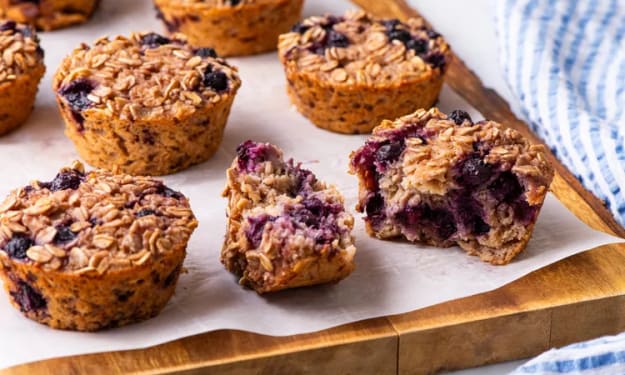
Small amounts of alcohol can have beneficial health consequences on occasion. Indeed, many of the world's oldest people drink red wine on a regular basis! While little or moderate doses of alcohol may be safe for most people, there are still some drinking side effects to be aware of as you become older.
We spoke with a few specialist dietitians to get their perspective on the potential detrimental side effects of drinking alcohol after the age of 50. After that, check out The 25 Worst Beers in the World for additional healthy drinking advice.
1 It has the potential to cause weight gain.
Weight gain is a common side effect of consuming too much alcohol after 50.
"Unfortunately, our metabolism decreases as we become older. As a result, we require fewer calories to maintain our weight. Because alcohol contains calories, continuing to drink as much as you did when you were younger may result in weight gain as a result of the excess calories. If you enjoy a glass of wine or a drink with dinner, make sure you account for those calories in your diet "Amy Goodson, MS, RD, CSSD, LD, author of The Sports Nutrition Playbook and a member of our expert medical board, agrees.
2 It may cause triglycerides to rise.
Drinking more alcohol not only increases your risks of gaining weight, but it also has the potential to harm your heart.
"While moderate drinking (one drink per day for women and two drinks per day for males) may have a heart-health advantage by increasing HDL, or good cholesterol, heavy drinking can actually have the opposite impact, causing an increase in triglycerides," explains Goodson.
3 It may slow the healing of muscles after exercise.
Many people are unaware that drinking has the side effect of hindering your exercise goals and recuperation process."By suppressing the actions of hormones that normally aid this process, such as testosterone, alcohol might slow down the healing of exercise-induced muscle damage. That implies it may take longer for you to recuperate and be strong and ready for the next session "Goodson agrees.
4 It can cause dehydration.
Dehydration is another way that drinking can affect your health and workout recovery time.
"Diuretic-type liquids, such as alcohol, can cause dehydration and hinder muscle recovery in active individuals, particularly after workouts," explains Rachel Fine, RDN of To The Pointe Nutrition.
5 It has the potential to affect your gut health.
Drinking alcohol can harm your gut, especially if you consume it in high quantities on a daily basis."While some evidence suggests that moderate red wine consumption encourages the growth of good bacteria, it's also evident that excessive alcohol harms gut health," explains Katelin Maidment, RD of Eternal Wellness. "'In excessive amounts, alcohol and its metabolites can overwhelm the gastrointestinal tract (GI) and liver, leading to harm both inside the GI and in other organs,' according to an article published in Alcohol Research. Alcohol causes gut inflammation, which leads to pathogenic bacteria proliferation and increased intestinal permeability, often known as "leaky gut." Toxins and foreign invaders are able to enter the bloodstream, producing inflammation and other health problems."
6 It can affect digestion and nutrient absorption.
Drinking big amounts of alcohol on a regular basis can have a bad affect on your stomach.
"Alcohol reduces the secretion of digestive enzymes from the pancreas, impairing the body's capacity to effectively break down foods," adds Maidment. "When food isn't broken down into smaller, more absorbable molecules, the body is unable to absorb the nutrients, which can lead to nutrient shortages and low energy levels. Alcohol not only impairs nutrient digestion and absorption, but it also causes vital vitamins and minerals to be expelled in the urine, adding to nutrient shortages."
7 It has the potential to decrease your energy levels.
Finally, binge drinking depletes your energy both immediately after consumption and over time.
"Alcohol boosts the development of inflammatory free radicals, which harm the energy-producing organelles in our cells called mitochondria," explains Maidment, citing a paper published in Alcohol Research & Health. "Because ATP is the body's type of energy, this leads in lower ATP generation and, as a result, lower energy levels. Furthermore, metabolizing alcohol demands additional oxygen and energy, which depletes energy levels and is one of the reasons you may feel sleepy after drinking."





Comments
There are no comments for this story
Be the first to respond and start the conversation.